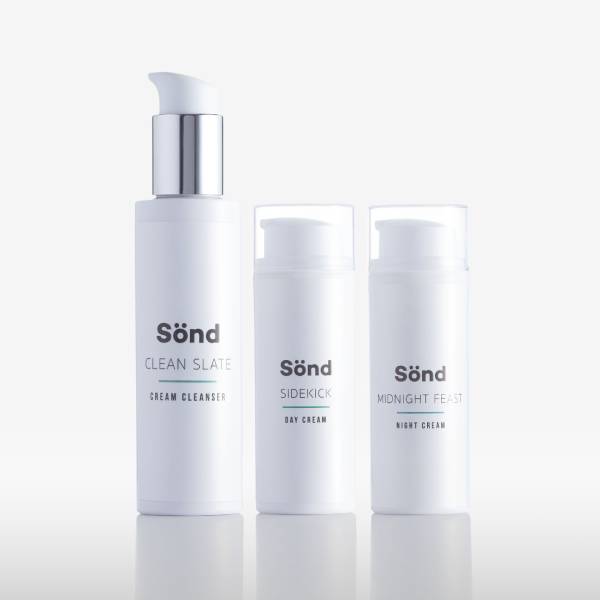
Eczema applies to many skin disorders as a blanket term. It makes your skin itchy, scaly, and red, and sometimes causes blisters. Dyshidrotic eczema, atopic dermatitis, and touch dermatitis are the three most prevalent causes of this skin disease. The sort of eczema you have will dictate how you treat your flare-up.
When you get a flare-up of itchy, swollen, or irritated skin from eczema, you are likely to do absolutely anything to cool down or avoid rashes. Nowadays, there are plenty of ways to regulate eczema.
Eczema is not curable, but it can come and go, allowing you to enjoy several years without a flare-up. You can control and reduce the symptoms on your own, and if they get out of hand, with a doctor’s aid. Here are some ways to manage eczema flare-up on your face:
Keep Your Skin Moist
When you allow your skin to get dry, it may crack and become itchy and rough, allowing allergens and bacteria to penetrate your skin. For many people, dry skin triggers eczema. Therefore, it is advisable to keep your skin moist by applying lotion after a bath and through the use of humidifiers when the air in the room is too dry. Coconut oil also works as a superb moisturizer due to its anti-inflammatory and anti-bacterial properties.
Monitor Temperatures
As your facial skin is extremely sensitive, ensure not to use hot water on it, and even when you do use cool water, make sure it is only for a short duration. Extreme variations in temperature are likely to cause trauma to your skin. Engaging in activities that make you generate sweat will make you unbearably itchy. Also, avoid scorching areas, and keep an eye on the humidity levels as too humid or too dry are eczema irritants.
Check Your Clothing
Depending on the weather, you may find that certain clothing fabrics, like wool, are making you sweat. Clothes that are either too tight or rough in texture can also trigger eczema or cause itchiness. You can opt for fabrics that don’t bother you, are soft and are loose-fitting.
Know Your Triggers
It is vital to know your triggers. Everyday products like laundry detergent, body wash, lotions, soaps, or sometimes even food you touch can all trigger eczema. Keep track of your triggers so that you may know what products to avoid.
If a fungal infection is causing your eczema, your doctor may issue you with an anti-yeast cream. This is more so for those with atopic eczema, which usually presents itself on the neck or face.
Try Meditation
Because stress can sometimes cause eczema flare-ups, you can try meditating. Meditation is known to ease anxiety and drive one into relaxation mode bringing about a calming effect. Massage therapy and aromatherapy can also help alleviate anxiety and stress.
Sunlight
For some people, sunlight acts as a trigger to worsen eczema, and for others, it reduces eczema. Find out which it is for you to avoid exposure that’ll cause you more harm than good. Overall, avoid long durations of exposure to the sun.
Take Oatmeal Baths
Taking an oatmeal bath with lukewarm water helps calm itchiness. Reducing the urge to scratch is essential as constant itching will not only make eczema worsen, but it can also cause blisters.
Phototherapy
If using creams does not keep your eczema on controllable levels, and it is moderate, not severe, ultraviolet light therapy may help keep it in check. However, please note that long-term phototherapy treatment may put you at risk for skin cancer.
Eliminate Alcohol
While no research guarantees that a particular diet will have an effect on your eczema, studies have shown that inflammation triggers eczema. Therefore, anything, like alcohol, that causes inflammation should be avoided.

In Conclusion
For eczema to occur, something activates the immune response, and the effect is that the skin’s defensive layer becomes dry, sensitive, and irritated.
The condition is not curable, but certain factors, like an allergen like dust, household goods like soap or synthetic fabrics, stress, or cold weather, may worsen the symptoms.
For more details on skincare for eczema, Sond Skin has an excellent source of information. You’ll get to learn more about your skin pH and how you can tackle the causes of eczema.



